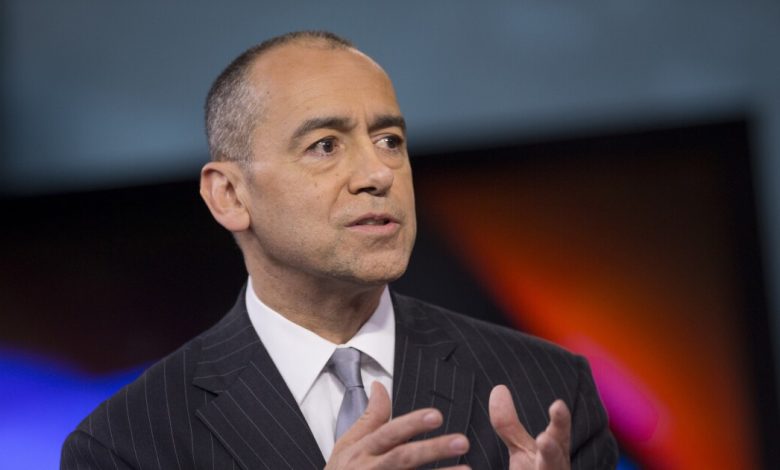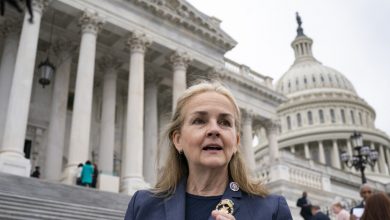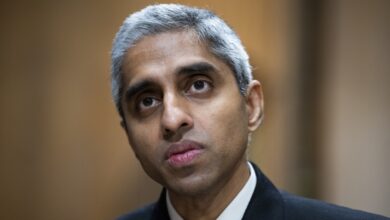Does a University Need a CEO?

The University of Miami is getting a new leader: a CEO.
The idea came from the university’s de facto chief executive, Julio Frenk, the president, who announced this month that he had tapped the CEO of the university’s health system, Joseph J. Echevarria, to take on the new role: CEO of the broader university.
After seeing “unprecedented disruption” in education, health care, athletics, and technology, Frenk saw the need for “achieving efficiencies of scale” at the university, he wrote in the message. He thought he could do so by expanding the role of Echevarria, who already oversees 79 percent of university operations as the health system’s leader. Meanwhile, Frenk would be freed to “focus on driving the vision for the institution,” and to “represent the institution with all its constituencies, and lead the final push to achieve the goals of the current capital campaign.”
Having a separate president and CEO is unusual — possibly unique — in higher education, experts say. “At most universities, the president is the CEO,” said Sally M. Johnstone, president of the National Center for Higher Education Management Systems, a nonprofit that consults for colleges. Michael S. Harris, a professor who studies higher-education leadership at Southern Methodist University, agreed, adding: “Literally, that’s their job.”
Nevertheless, the college presidency has become an increasingly difficult and time-consuming role over the past several decades. There are more departments and majors. For universities like Miami with attached hospital systems, health care in America has gotten more complex. Experts said it’s understandable to wish to divide the duties among more people.
A few aspects of the Miami announcement invited questions. What exactly will the president and CEO do, and how will their responsibilities differ? Often, if college presidents find their jobs too big for one person, they hire a chief operating officer, Johnstone said. But the University of Miami already has a chief operating officer.
“There is a continuum that begins with strategy, moves through execution, and is ultimately carried out in operations,” Jacqueline Menendez, vice president for communications, wrote in an email. The university didn’t make other leaders available for interviews. “The COO oversees operations, the CEO oversees execution, the president oversees strategy,” Menendez wrote. She didn’t answer a question asking what the difference is between operations and execution.
Frenk’s April 14 announcement offered one clue about the duties divide. It said all executive and senior vice presidents, as well as the athletics director, will now report to the CEO. The provost, in his role as academic chief; Frenk’s chief of staff; and the CEO himself will report directly to the president. Reducing the number of people who report directly to the president is a common strategy for managing the workload, Harris said. According to Miami’s website, the university has eight vice presidents currently reporting to Frenk, including Echevarria, who is currently an executive vice president.
Harris and Johnstone differed in whether they thought the Miami CEO position was a significant departure from typical college-leadership structures. “It’s a new way of thinking about it,” Johnstone said. Harris thought it was possible that Miami had simply given an unusual name to a not-so-unusual decision to add more top administrators, a long-standing trend.
Within the university, some faculty members have voiced discontent with the move, while others are waiting to see what happens before judging.
Scotney D. Evans is an associate professor in the department of educational and psychological studies and president of the University of Miami AAUP–University Employee Alliance, an advocacy chapter of the American Association of University Professors. In casual conversations with colleagues, he said he’s heard worries about administrative bloat and the erosion of shared governance. The announcement was a surprise, he said, and came at a time when faculty members haven’t heard yet about requested merit increases in their salaries and are competing for resources for their programs. “It just seems off from the central concerns of faculty who are doing teaching and research,” he said.
The announcement amounts to Frenk, the president, saying: This job is too much. I need help. After two years of pandemic teaching, faculty and staff members feel that way too, but they aren’t getting a CEO to take on some of their duties.
“Even if it turns out to be an OK thing from a management perspective,” Evans said, “it’s the timing and the symbolism of it that really just landed in a way that’s somewhat offensive.”
Willis Jones is an associate professor and leader of Miami’s executive Ed.D. in higher-education leadership. He’s open to a university CEO being a good thing, pending more information. He noted the high turnover college presidencies have seen recently. “I think part of it could be because of how overwhelming the position can be,” he said. “If this is something that could help alleviate that, I’m open to the idea.”
Source link






